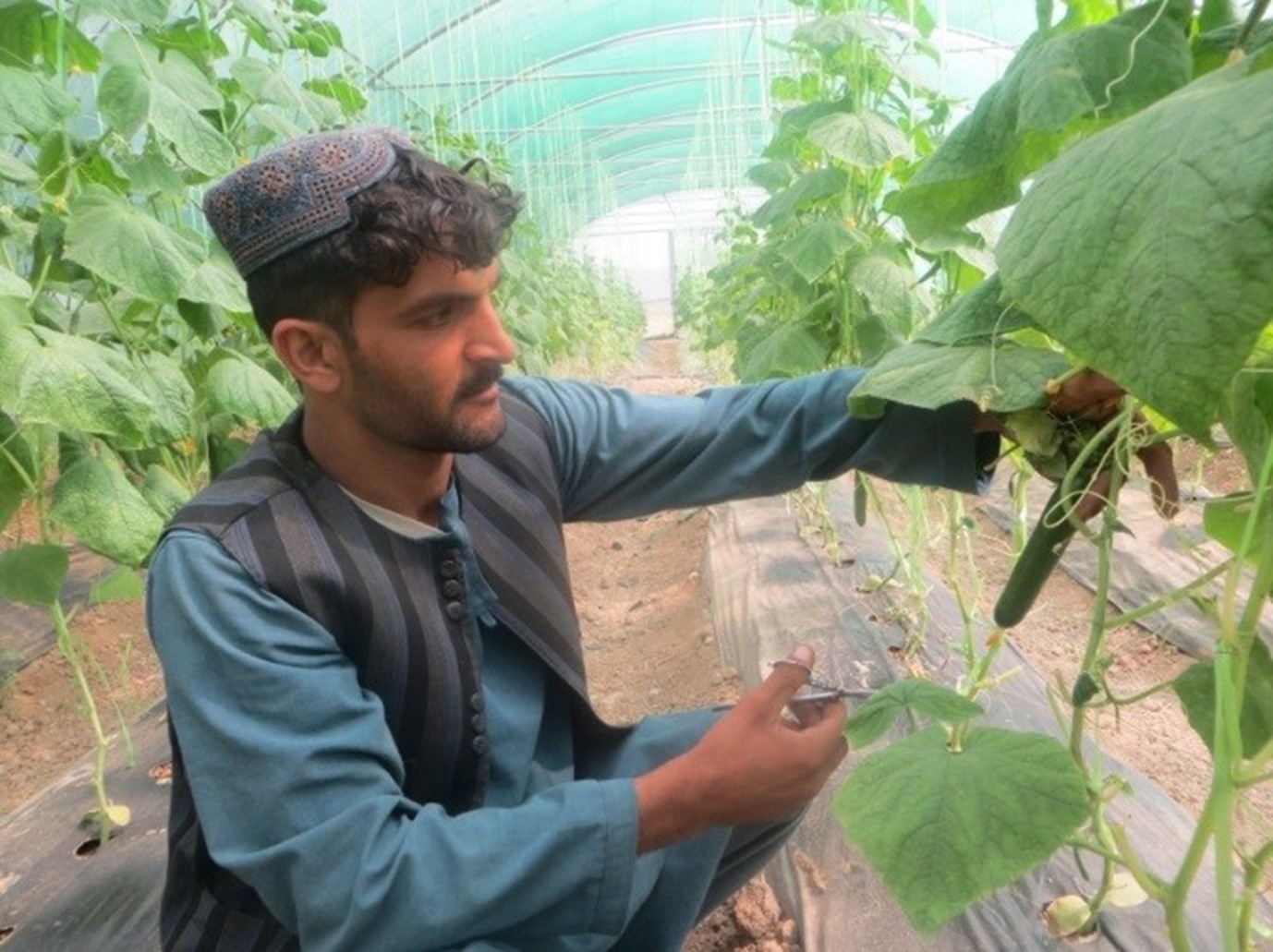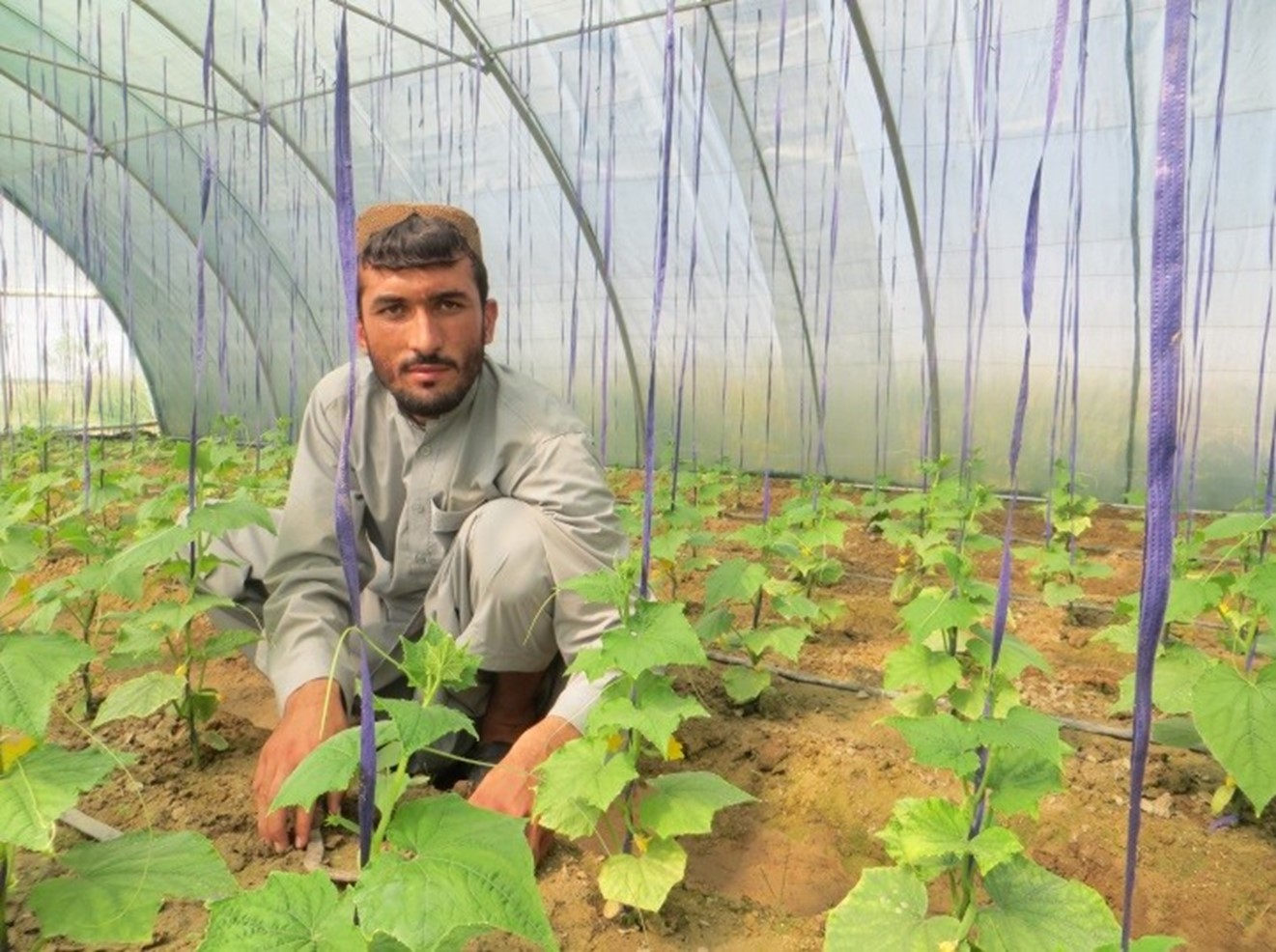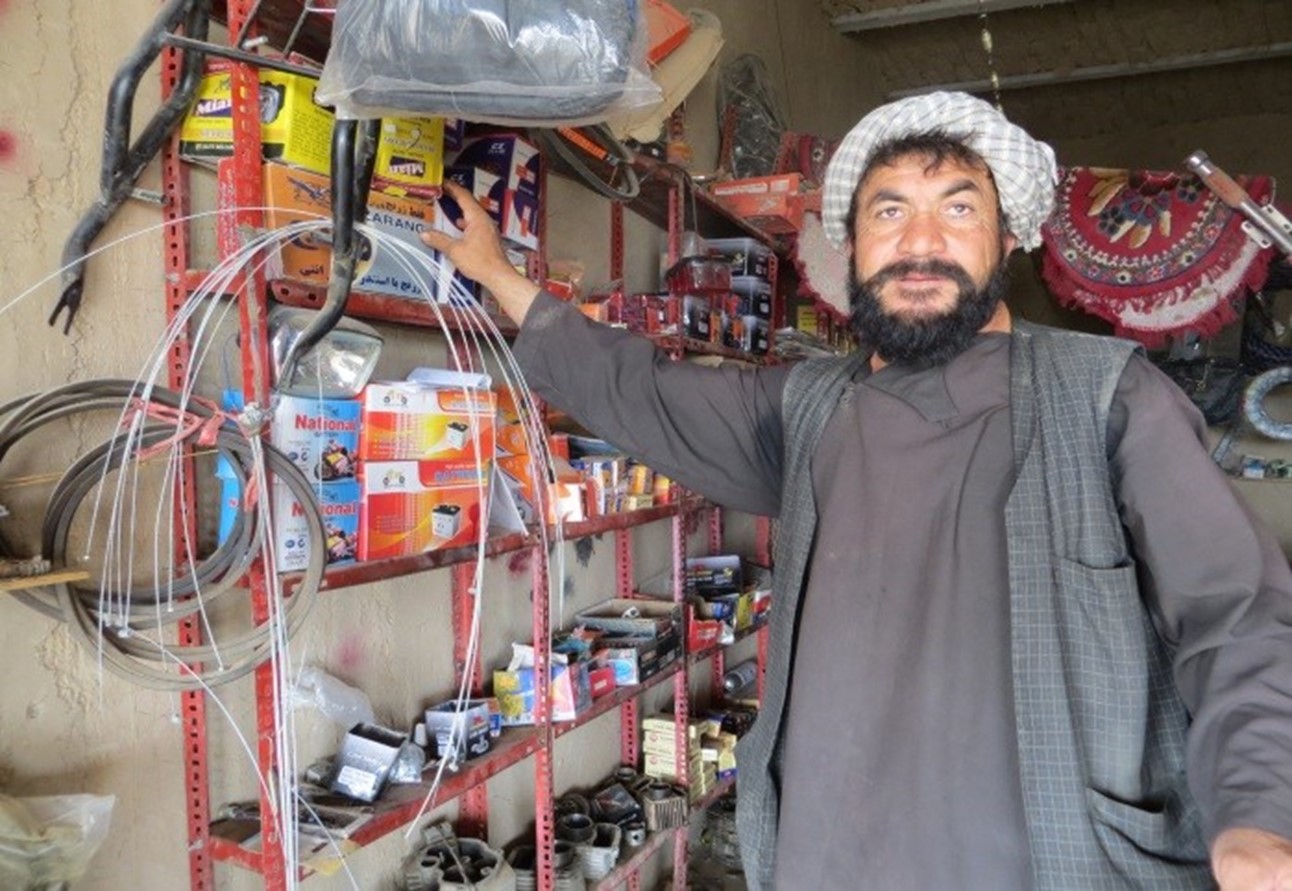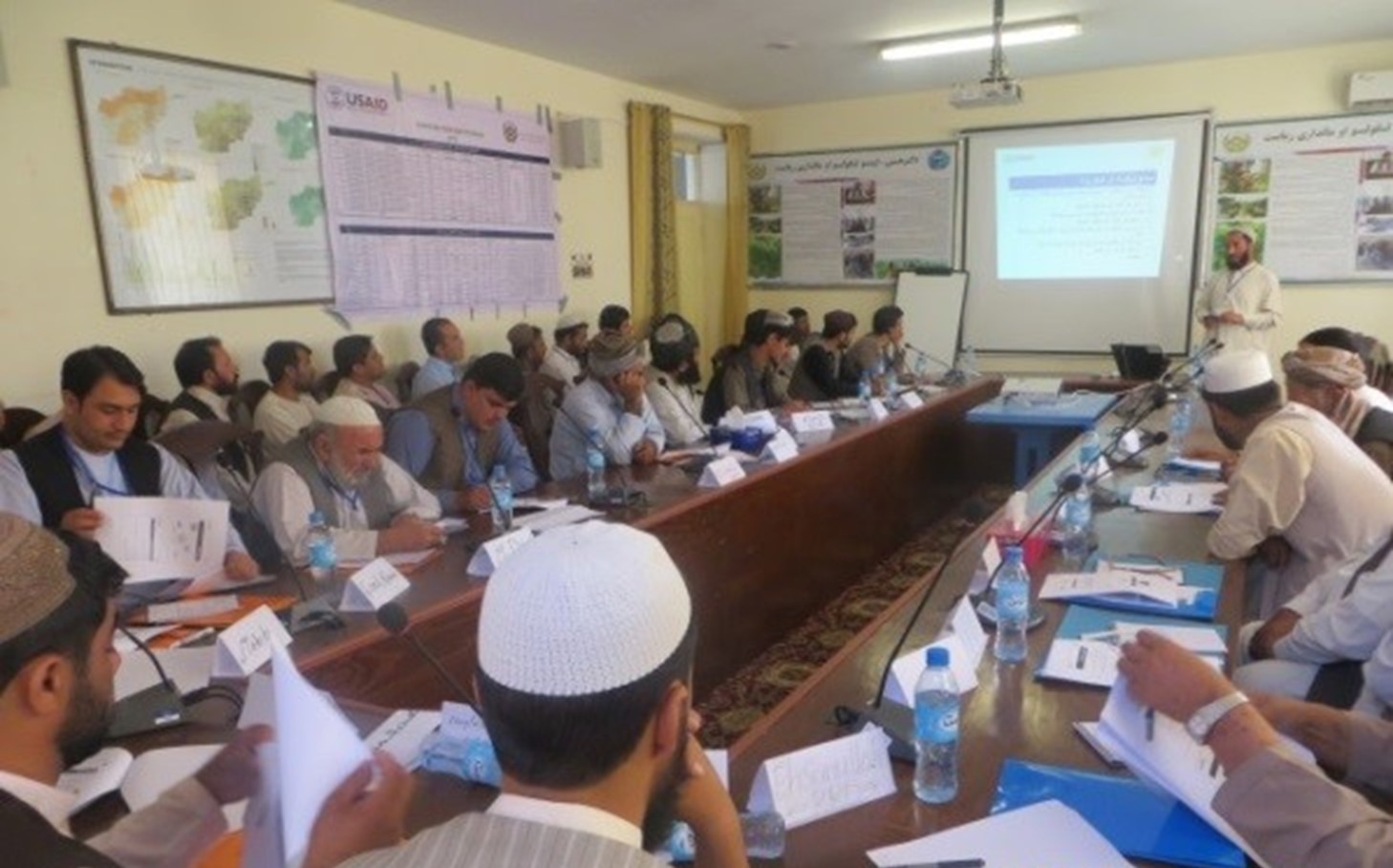Kandahar Food Zone
Diversifying agricultural and rural livelihoods
Afghanistan
 Water, Sanitation & Hygiene
Water, Sanitation & Hygiene
 Livelihoods & Economic Development
Livelihoods & Economic Development
 Stabilization & Governance
Stabilization & Governance
 Climate-smart Agriculture & Food Security
Climate-smart Agriculture & Food Security
 Infrastructure & Essential Services
Infrastructure & Essential Services
2013-2018
USAID

Kandahar Food Zone (KFZ) aimed to identify and address the root causes of instability that led farmers in seven Kandahar districts to rely on illegal opium poppy cultivation for their livelihoods. We took an integrated community-based approach—collaborating with communities to change behavior while rehabilitating irrigation infrastructure to strengthen licit crop growth, diversifying agriculture-focused economic opportunities, and strengthening local governance.
Rehabilitating Water Infrastructure
Our teams rehabilitated canal systems for 18,000 farms in Zheray and Panjwayi, which improved irrigation access, reduced conflict over water resources, and paved the way for cultivating high-value crops such as grapes and pomegranate. KFZ engineers built 124 water control structures and improved irrigation on 38,000 hectares of farmland. The canal improvements protect farms from winter floods and reduce transport costs, helping farmers to cultivate different crops and achieve economic stability.

Expanding Agricultural Livelihood
To steer farmers away from poppy production, we worked with communities to identify alternative agricultural opportunities. We trained over 2,000 grape farmers, planted 48,000 pomegranate saplings, and installed 47 greenhouses. Activities also strengthened the product value chain through training in post-harvest handling to boost quality and sales to traders, processors, and exporters. We worked with traders to improve supply chains and distribution systems, meet international standards, and increase access to markets. Efforts helped increase demand for products, leading to $274,000 of sales in national markets and $7.4 million to export markets.

Economic Empowerment
We also generated off-farm employment opportunities, fostered entrepreneurship, and created jobs through youth internships and vocational training. Women’s empowerment remained a consideration throughout the program. Teams conducted 19 alternative development projects for women including off-season production and livestock management and piloted two 40-member women’s groups for gender advocacy, to help expand opportunities.

Strengthening Governance
Throughout the course of the project, teams worked with local governance to ensure alignment with broader civil society and government-led efforts in the region. Training for government officials and local leaders helped build capacity to encourage community engagement and sustain progress.



